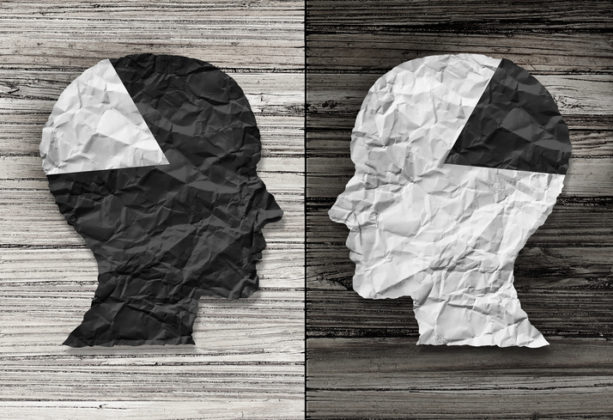Every new white acquaintance brings anxiety: Will you care for my plight or remain apathetic to my struggles?
Establishing and maintaining friendships can be challenging. But for socially conscious black Americans, there is often an added level of difficulty.
Black Americans are expected to be considerate of the feelings of those who may not care to hear our plight—all while inhabiting an environment that has made a habit of pimping us for profit. In other words, using our bodies for sports, hair for style, and music for pop culture.
There is an hourly multiplication of names added to the books of life by way of police shootings. And the following silence by our white friends speaks louder than words ever could.
However, it’s not hard to see why white friends have trouble sympathizing. Out of all minorities, black Americans report the highest number of encounters with racism—11% of whites as compared to 81% of blacks have reported experiencing discrimination.
In addition to those high levels of exposure, it was also noted that black Americans with frequent exposure to racism were significantly more likely to present symptoms of PTSD. Interestingly, there are also recorded similarities in the resulting psychological issues of victims of rape and victims of frequent racism.
The believed correlation is that both rape and racism are attacks on personhood and affect one’s integrity. Victim-blaming is not a race/domestic violence-exclusive term. Victims of rape and continued racism are told that if they had acted better, dressed better, or shown more vigilance, the incident would not have happened.
Similar to a child who has been inappropriately touched by a close family friend, we find ourselves in a position of isolation. As we stand there hurting, we are accused of slander. And the nation continues to deny the reality of our experiences. There’s no way that someone I loved and trusted could ever victimize another. You are so ungrateful, many people seem to say.
And it is most hurtful when messages like that come from people we call “friends.”
This is especially difficult with friends who are not socially-conscious or are not people of color.
The state of victimization black people have experienced is beginning to affect our mental health. It is not uncommon to hear a black person say they are tired, they are done, or they are just completely over it. In recent times, many have found themselves in conflict with friends for their continued lack of concern.
It is very common to only hear the opinions of white friends when speaking up for police or proclaiming that “all lives matter.” If one truly believes that “all lives matter,” why do we not see mourning from our friends over the string of recent tragedies?
I often find myself wondering how others determine what events have value.
For black Americans, it’s simple: Every Confederate flag in this nation is a big fuck you to black people. Every “blue lives matter” post is a big fuck you to black people. Every black-on-black crime justification of police brutality is a big fuck you to black people.
And for me you can only say fuck you to black people so long before you are saying it to me personally.
We have begun to ask ask ourselves: Who is truly our friend?
If we cannot share our fears of losing a husband, son, or brother and be met with understanding, are you really a friend?
If you accuse us of slandering America’s name because your great nation would never do such a thing, do you truly care for us?
Is there any depth to long conversations and get-togethers if you remain unbothered and unconcerned with our emotional distress?
As black Americans, we have undergone a great deal of historical trauma. Yet we are expected to remain silent to appease those around us.
You brag on your ability to cornrow. You tell us your favorite rappers. And you love to sleep with black men. But where are you when we need you?
To me, the answer is clear: If you partake in my cultural pleasures but cannot address my victimization, you are not my friend.
If you can ignore the mistreatment of my people, you are not my friend.
I truly believe it is possible for black people to have friends of other ethnicities. I have been fortunate to meet a few who share the goal of equality.
But for those of us who have been let down by the lack of concern by our white friends, the bond is risky. Every new white acquaintance brings anxiety: Will you care for my plight or remain apathetic to my struggles? Every new white acquaintance is a risk.
And with so much at stake, for many it’s not a risk worth taking.
Impulsive yet shockingly well-prepared, Ambreia Meadows-Fernandez has a tendency to take leaps and land on her feet. She is passionate about breastfeeding, social justice, and her family. A military spouse to Rico and mom to Salem, Ambreia is waiting to see what is next in life. See more of Ambreia at her writer’s page and websi
Other Links:

